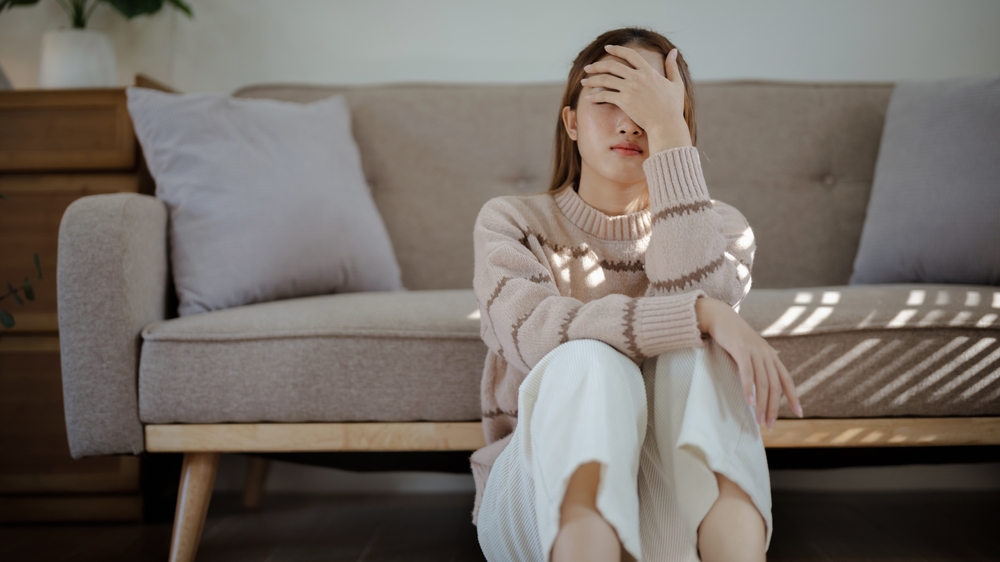How Social Anxiety Affects Daily Life & How to Manage It
Understanding Social Anxiety and Its Impact on Daily Life
Social anxiety is more than just an occasional bout of shyness. For many individuals, it is a debilitating anxiety disorder that affects their daily life in profound ways. People with social anxiety often experience intense fear of social situations, worrying excessively about being judged or embarrassed in front of others. This overwhelming anxiety can lead to the avoidance of everyday activities such as making phone calls, attending social gatherings, or even engaging in casual conversations.
Social anxiety affects daily life by limiting personal interactions and opportunities. Fear of negative evaluation leads to avoidance behaviors that isolate individuals from their peers, potentially hindering career advancement, educational pursuits, and forming meaningful relationships. The perpetual cycle of anxiety and avoidance can result in a significant reduction in quality of life.
Moreover, social anxiety can manifest physically, with symptoms such as rapid heartbeat, sweating, trembling, and nausea in social settings. These physical symptoms can further exacerbate the fear of social interaction, creating a vicious cycle that is difficult to break.
Understanding the causes and effects of social anxiety is the first step toward managing it effectively. Recognizing that social anxiety affects daily life, one can begin to employ strategies to mitigate its impact.

Common Triggers and Related Keywords
For those suffering from social anxiety, certain situations or environments can act as triggers that heighten anxiety levels. Common triggers include public speaking, entering a room full of strangers, or being the center of attention. These scenarios often lead to heightened consciousness about one’s appearance and actions, further amplifying anxiety symptoms.
Related keywords to social anxiety encompass terms such as social phobia, anxiety disorder, cognitive behavioral therapy (CBT), exposure therapy, and relaxation techniques. These keywords highlight various aspects and treatment options for managing social anxiety.
Cognitive behavioral therapy (CBT) is a widely recognized treatment method for social anxiety. By focusing on changing negative thought patterns and behaviors associated with social situations, CBT helps individuals confront and reduce their anxiety.
Exposure therapy is another effective strategy, involving gradual exposure to anxiety-inducing situations, allowing individuals to build confidence and reduce avoidance behaviors over time. These therapies, alongside relaxation techniques, can help manage the symptoms of social anxiety significantly.
Effective Strategies to Manage Social Anxiety
Managing social anxiety involves a multifaceted approach, tailored to an individual’s specific triggers and symptoms. Cognitive behavioral therapy (CBT) remains one of the most effective treatments, helping individuals identify and challenge their negative thought patterns associated with social interactions.
Exposure therapy is equally important, encouraging gradual exposure to feared situations, starting from less intimidating scenarios and progressing to more challenging environments. This incremental exposure helps in desensitizing the anxious individual to social situations.
Relaxation techniques, such as deep breathing exercises, meditation, and progressive muscle relaxation, can also be beneficial. These methods help to calm the nervous system, reducing the physical symptoms associated with anxiety, such as rapid heartbeat and trembling.
In addition to these therapeutic approaches, building a strong support system is crucial. Friends, family, or support groups can offer encouragement and understanding, helping individuals feel less isolated in their struggles with social anxiety.
The Role of Lifestyle Changes in Managing Social Anxiety
Lifestyle changes can play a significant role in managing social anxiety. Regular physical activity has been shown to reduce overall anxiety levels, improving mood and self-esteem. Exercise releases endorphins, which are natural mood lifters, helping to reduce stress and anxiety symptoms.
A balanced diet is also essential, as certain nutrients can influence mood and anxiety levels. Omega-3 fatty acids, magnesium, and B vitamins are known to support brain health, potentially alleviating symptoms of anxiety.
Maintaining a regular sleep schedule is critical, as lack of sleep can exacerbate anxiety symptoms. Quality sleep helps regulate mood and stress levels, making it easier to cope with anxiety-inducing situations.
Lastly, mindfulness practices, such as meditation and yoga, can enhance self-awareness and promote relaxation, helping individuals stay grounded and present in social situations.
Conclusion
Social anxiety affects daily life by creating barriers to social interaction and personal growth. However, with effective management strategies, individuals can overcome these challenges and lead fulfilling lives. Cognitive behavioral therapy, exposure therapy, and lifestyle changes are pivotal in managing social anxiety. By understanding and addressing the underlying causes, individuals can reclaim control over their lives and reduce the impact of social anxiety.